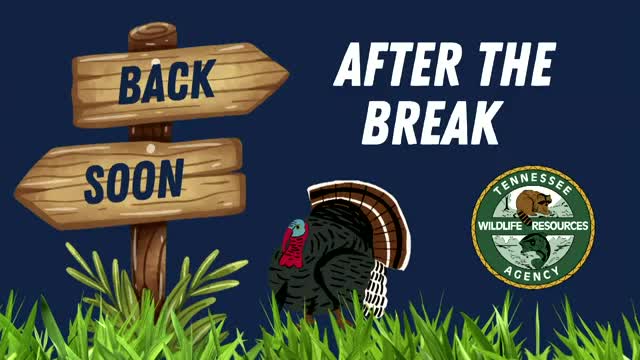Article not found
This article is no longer available. But don't worry—we've gathered other articles that discuss the same topic.
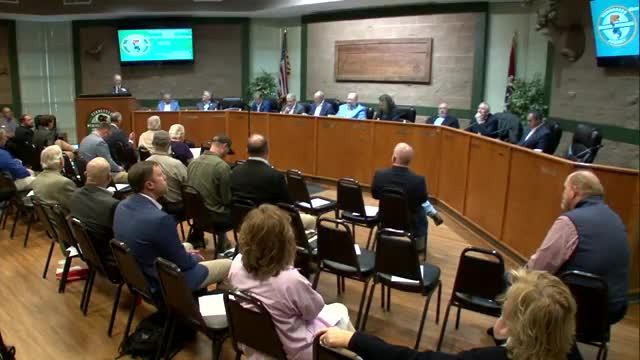
Tennessee Wildlife Commission adopts statewide big-game seasons; debate over muzzleloader, turkey dates and flintlock requests
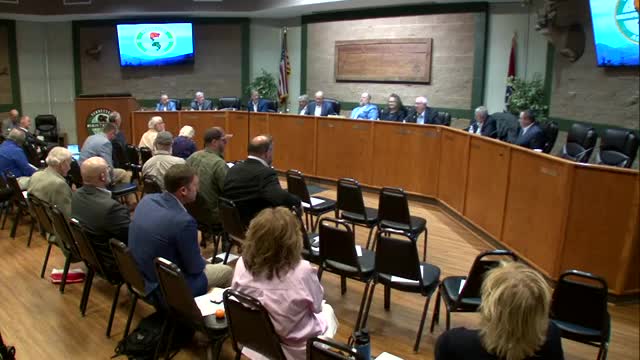
Commissioner Cox announces resignation; speaker's office to appoint replacement
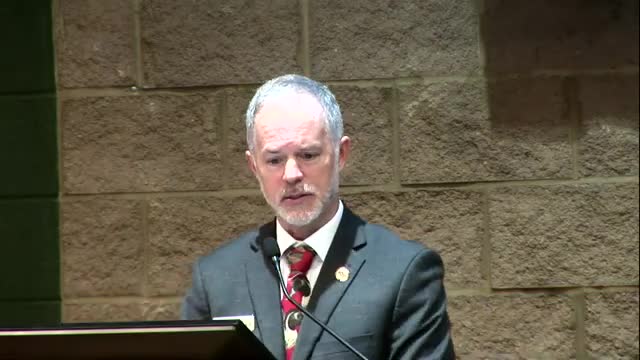
Commission discusses year‑round raccoon hunting; asks agency to pursue statutory cleanup before policy change
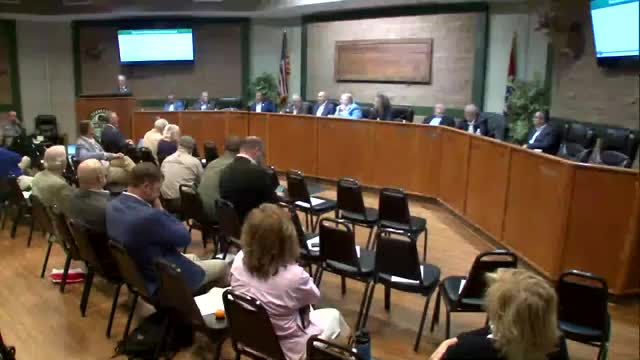
TWRA wins $2 million FY26 spending-authority increase; commission adopts emergency boating‑education rule
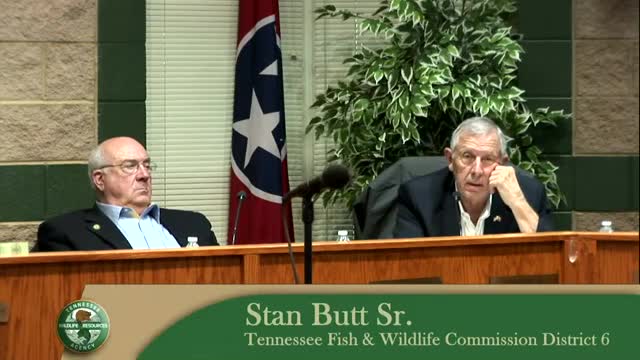
Commission rejects wildlife‑committee amendment and keeps strict Cheatham Lake rest‑day closure
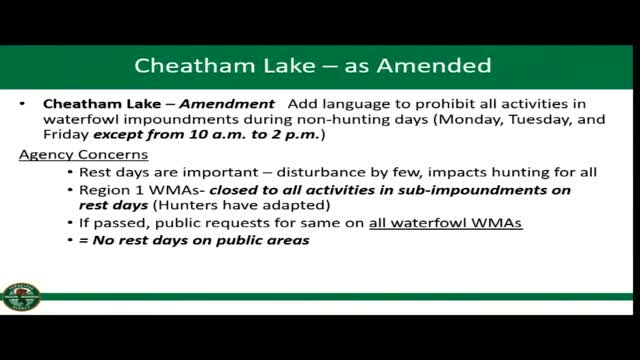
Commission approves two public‑hunting-access proclamations for Scotts Gulf and Wolf River parcels
